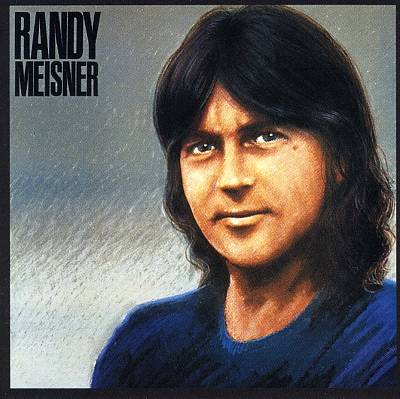 In the wake of his wife Lana’s death from an accidental gunshot wound in March 2016 (see our news report here), former Eagles bassist Randy Meisner had another hearing on April 1, on having his affairs overseen by conservators. The judge in the case granted Meisner’s request to have his friend Arthur Ford act as temporary conservator of his personal affairs and Meisner’s accountant, Thomas DeLong, serve as temporary conservator of his business affairs.
In the wake of his wife Lana’s death from an accidental gunshot wound in March 2016 (see our news report here), former Eagles bassist Randy Meisner had another hearing on April 1, on having his affairs overseen by conservators. The judge in the case granted Meisner’s request to have his friend Arthur Ford act as temporary conservator of his personal affairs and Meisner’s accountant, Thomas DeLong, serve as temporary conservator of his business affairs.
A temporary conservator had been appointed last July after Meisner’s friend James Newton filed a request, claiming that the bass player and singer Meisner is bipolar, alcoholic and possibly a danger to himself and others (see our previous story here). His wife Lana had opposed the motion, claiming that Newton and Meisner’s three adult offspring, who supported Newton’s request, were attempting to gain control of his assets.
Meisner had been confined to a psychiatric facility following Lana Meisner’s death on March 6, but was recently released. His lawyer stated in a filing that the musician “is in a profound state of grief” and “barely able to accept the sudden and tragic loss” of his wife.
Newton contends that Meisner’s condition requires a conservator with professional counseling qualifications.
The judge ruled that the ex-Eagle was of sound mind on granting Meisner’s requested conservators. He told the judge, “I just want to get over this, I’m in a lot of pain right now.”
Meisner has suffered health problems in recent years, and during one hospital stay threatened to harm himself and others. He and his late wife were reported to have has a tumultuous marriage, and the couple also had an ongoing struggle with Meisner’s two sons and daughter from a previous marriage. A CBS News story published Friday (see it here) further details the complex and conflicted situation.
Meisner was a founding Eagles member and sang and co-wrote their breakthrough 1975 #4 hit song, “Take It to the Limit. He left the group in 1977. Says Don Henley of his former bandmate, “Randy was extremely uncomfortable with so-called superstardom.”

1 Comment
It’s interesting that Henley says that Meisner was ‘uncomfortable’ with superstardom. Sure, he was shy, and he hated being all alone in the middle of a stage singing a song, unsure if his voice would crack. That’s not the same as hating your place in ‘superstardom’. Everyone has a different take, but I have never believed that Frey and Henley had anything good for anyone except themselves.